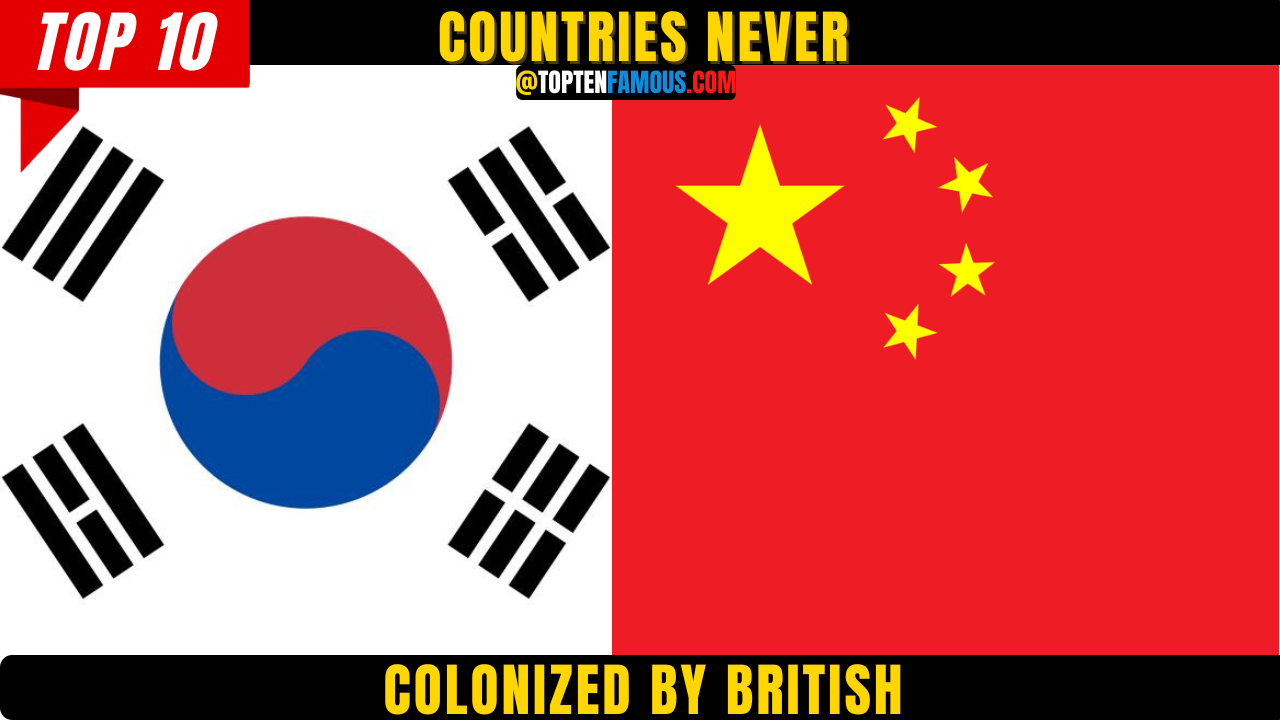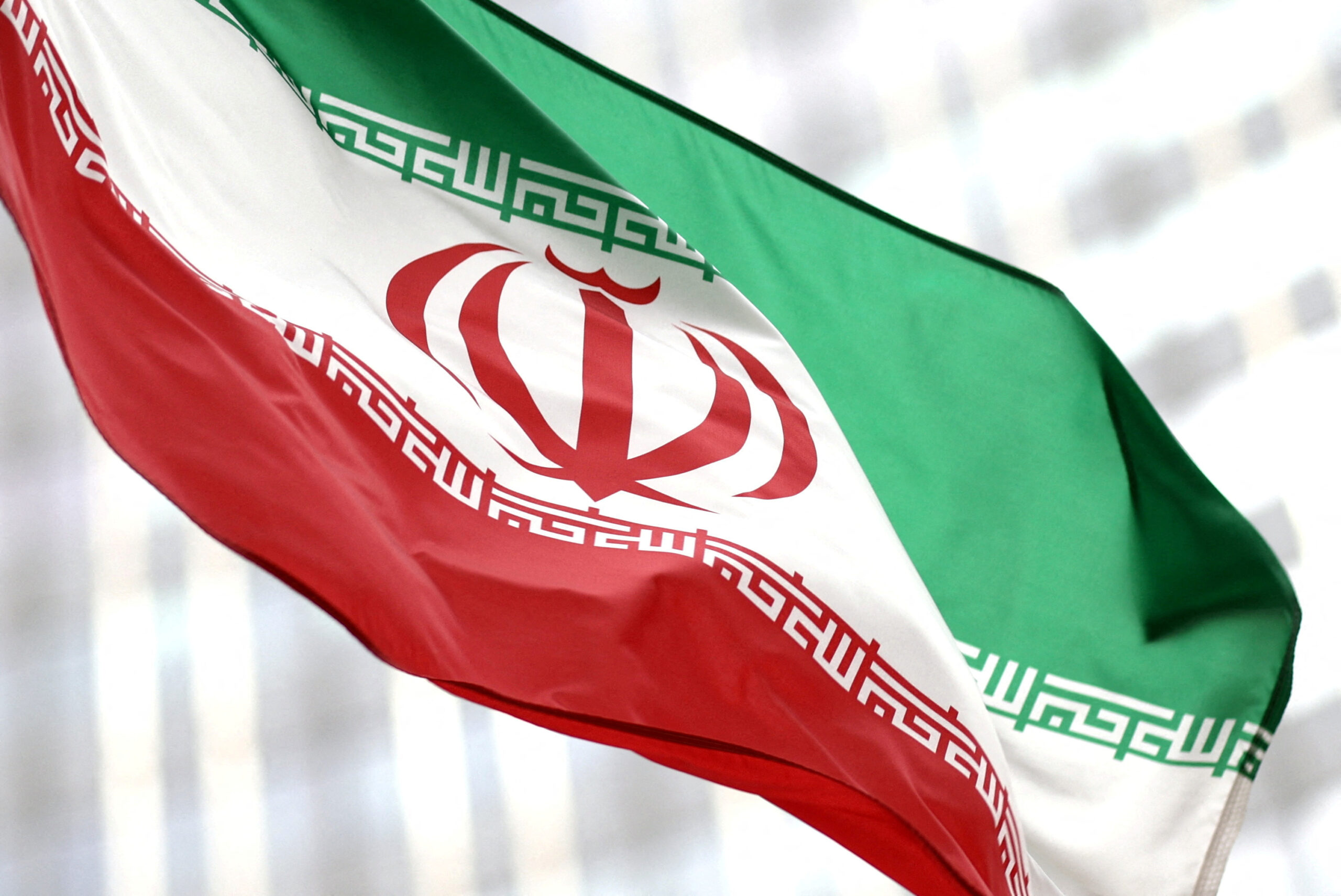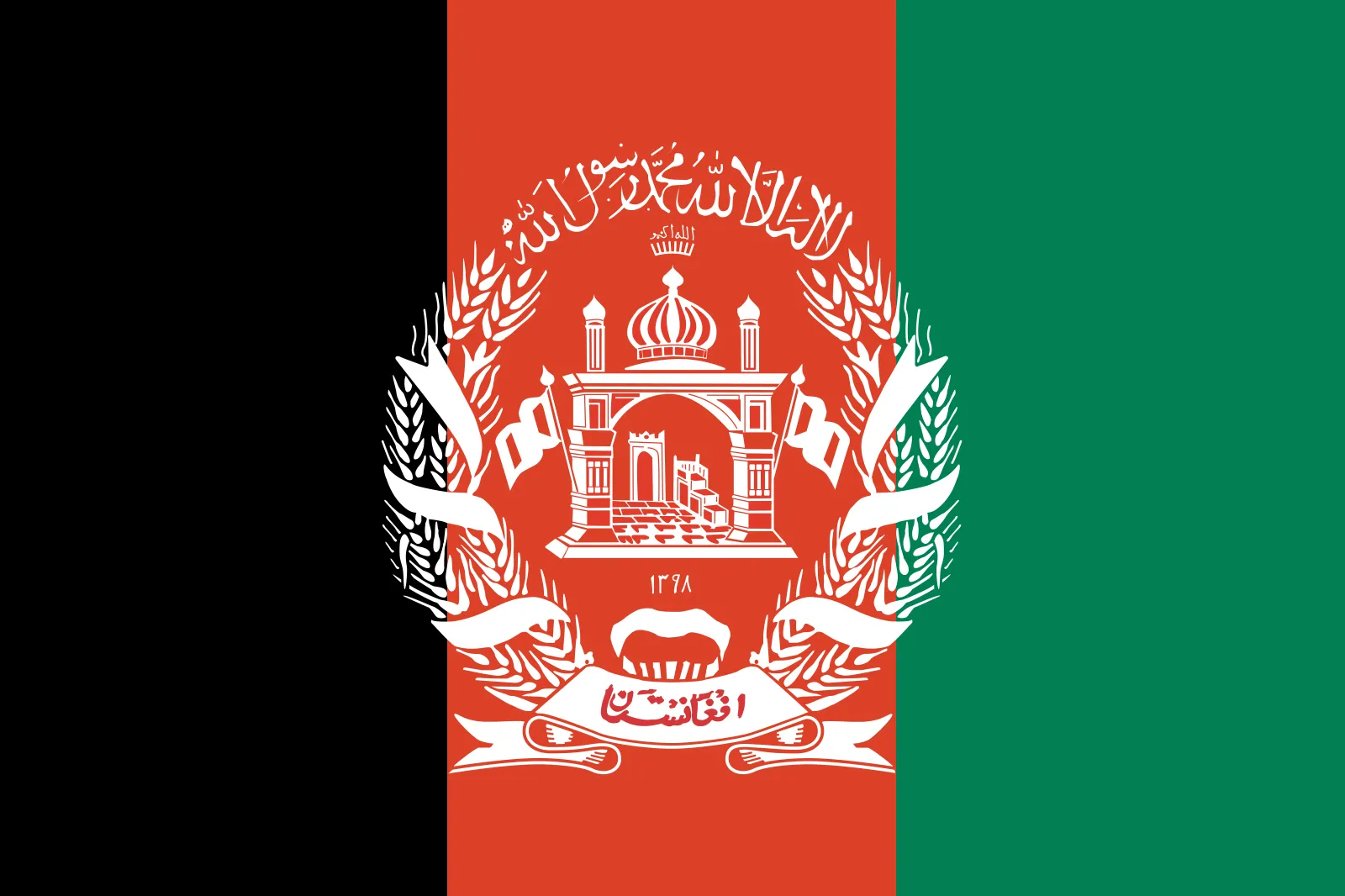Politics
10 Countries Never Colonized By The British

All between the sixteenth and twentieth hundreds of years, European powers endeavored to control the remainder of the world and its abundance. They were fruitful in controlling huge pieces of the Americas, Africa, Australia, and Asia. A few nations, in any case, had the option to keep away from colonization.
So here are 10 Countries Never Colonized By The British!
Saudi Arabia

Countries Never Colonized By The British-Saudi Arabia
Saudi Arabia has been principally managed by ancestral pioneers from all through the locale. In the sixteenth hundred years, the Ottoman Empire rule dealt with most of Saudi Arabia, and stayed in power until 1918. During this Empire, the Saudi imperial family started battling for control of the country. This political development agreed with World War I when Britain was battling against the Ottoman Empire. To debilitate the Empire, Britain offered help for a container Arab revolt. Toward the finish of the conflict, the Empire failed to keep a grip on Saudi Arabia, abandoning a unified Arab state.
Iran

Countries Never Colonized By The British-Iran
Both British and Russian powers were keen on controlling present-day Iran (then the Persian Empire). Russia was effective in catching a portion of the northern region of the Empire (present-day Turkmenistan, for instance) in the nineteenth hundred years. Similarly, British powers acquired power in the eastern locale of the Persian Empire, close to introduce day Pakistan. During this time, by far most of Iran was under rule by the Qajar Dynasty, which had acquired cash from European banks. Incapable to reimburse, the British and Russian legislatures came to an understanding that they would control and share Persian incomes from different incomes. While the Persian Empire never consented to this condition, it kept the country from being authoritatively colonized.
Japan

Countries Never Colonized By The British-Japan
Japan was likewise ready to oppose European colonization. All things being equal, its administration laid out areas of strength for a presence in Taiwan, Korea, and South Sakhalin. The public authority knew about the danger of Western attack and accordingly, it started the Meiji Restoration of 1868. This social and political change prepared the country to overcome Qing China during the First Sino-Japanese War effectively. At the point when Russia later endeavored to attack, Japanese powers were prepared and won the Russo-Japanese War of 1905. During WWII, the nation took benefit to add-on Korea and Manchuria, turning into a provincial power too.
Korea

Countries Never Colonized By The British-Korea
As opposed to fall under European control, Korea was managed by Asian powers. It was a feeder territory of Qing China until 1895, when the Japanese government acquired control in the wake of winning the First Sino-Japanese War. It turned into a conventional Japanese state in 1910, staying away from European colonization.
Thailand

Countries Never Colonized By The British-Thailand
During the nineteenth hundred years, present-day Thailand was known as the Kingdom of Siam. The Kingdom was situated between the French-controlled Indochina (present-day Vietnam, Laos, and Cambodia) and British-governed Burma (presently called Myanmar). Ruler Chulalongkorn of Siam attempted to take on a few European traditions and became keen on European innovation trying to forestall colonization. His political endeavors assisted the King with impacting the British-French relationship in support of himself, keeping most of his realm from falling under European rule.
Must Read :Top 10 Visa Free Countries for Indians (Shocking)
China

Countries Never Colonized By The British-China
During the European endeavor to control the world, the Chinese Empire was an incredibly huge power. It is frequently contrasted with the Ottoman Empire. Its size attempted to its approval, making it a tricky objective for colonization. England and France, instead of gain pilgrim rule, had the option to acquire a few control over China through its imports and products. Their status as preferred countries developed during the First and Second Opium Wars from 1839 to 1842 and from 1856 to 1860. Seeing the advantage of being an inclined toward country, the US, Russia, and Italy needed a similar status. Instead of being colonized, the beach front areas of China were split between Western powers, making the Qing Dynasty lose some, however not all, of its control.
Afghanistan

Countries Never Colonized By The British-Afghanistan
Afghanistan, similar to the Persian Empire, grabbed the eye of both Great Britain and Russian powers. Monitoring this goal assisted the Afghan military with vanquishing the British armed force in the First Anglo-Afghan War of 1839. Yet again not so effortlessly hindered, British powers endeavored to assume command over Afghanistan in the Second Anglo-Afghan War, which endured from 1878 to 1880. During this conflict, the Britains had the option to arrange control of the country’s unfamiliar relations while Afghanistan held homegrown control.
Nepal

Countries Never Colonized By The British-Nepal
From 1814 to 1816, Nepali military powers battled in the Anglo-Nepalese War. The British East India Co., notwithstanding, had bigger soldiers and had the option to deal with roughly 30% of the region of Nepal. For this situation, the geographic elements of the nation attempted to its approval and the mountains obstructed British entry. Reluctant to take on the rough territory, British powers left the remainder of Nepal as a free state, making a boundary zone for British India. Also, the British armed force was intrigued by the tactical capacity of the Gurkha troops and selected them for the pioneer armed force.
Bhutan

Countries Never Colonized By The British-Bhutan
Bhutan, similar to Nepal, is situated in the Himalayan mountain range, which makes it a troublesome landscape to attack. From 1772 to 1774, the British military battled and oversaw a few immaterial region of the Kingdom of Bhutan. This control gave them arranging power, in any case. In return for expulsion of British soldiers, the Kingdom of Bhutan consented to pay them 5 ponies and to give them control of its logging industry. Regardless of this course of action, the two nations were in steady boundary conflicts until 1947, when India acquired its autonomy and British powers pulled out from the area.
Ethiopia

Countries Never Colonized By The British-Ethiopia
Ethiopia figured out how to remain uncolonized by Europeans somewhere in the range of 1880 and 1914, when European powers contended to attack and colonize the African landmass. Toward the finish of the attack time frame, generally 90% of Africa was colonized by European countries. In 1867, King Tewodros composed a correspondence to Queen Victoria of England, who won’t ever answer. Enraged, King Tewodros detained a few British subjects in 1868, declining to deliver them. English powers attacked in a bombed endeavor to oust the King. In 1888, Italian powers showed up, however haggled with Ethiopia, just assuming control over Eritrea. Ethiopia figured out how to overcome the Italian armed force in the First Italo-Ethiopian War of 1896. In 1935, Italian powers under Mussolini again attacked and, this time, involved Ethiopia and toppled Emperor Haile Selassie. Head Selassie recovered control toward the finish of World War II in 1941 and attached the Italian settlement of Eritrea in 1943.
Must Read :Top 10 Visa Free Countries for Indians (Shocking)


